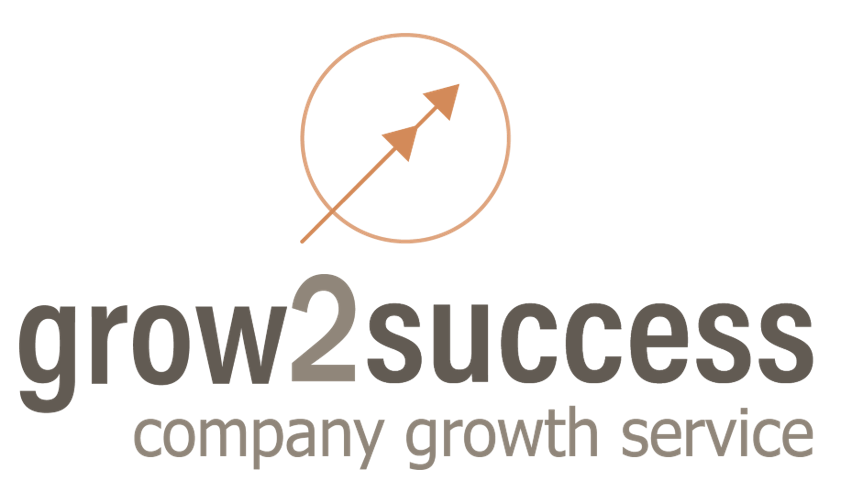Business development. Say again?

Now (Spring 2022) that the impact of the covid pandemic is (hopefully) under control in Europe, companies wish to reconnect with revenue growth.
To convert growth options into measurable revenue growth within an acceptable time frame, we recommend early stage business development. With 'early stage', we refer in case of a product innovation, during its development. This because early market testing saves time and creates connections among market parties.
Now, business development has a broad meaning. But what strikes us most is that in job postings, business developer appears more and more as a synonym for a hunter, a cold caller.
For us, business development means:
the (business) process
to identify, nurture and recruit new (pilot) customers
from newly chosen business growth opportunities.
By new growth opportunities, we mean new customer segments, sales channels, geographies, innovations in products/services/solutions or other elements of the business model.
Business development versus prospection, project management, sales, marketing
Prospection is best used when going deeper into existing markets and segments with existing products/services/solutions, where business development aims to confirm a new growth opportunity.
The best confirmation is that pilot customers are generating revenue. In other words business development focuses on testing the value of your solution with potential customers (until pilot customers buy).
To this end, business development works closely with product management (as a function or role within your company).
Once confirmed, the existing marketing and sales structures within your company take over.
Marketing develops the market-specific communication, positions the brand, selects and uses the communication channels and ensures a high-performance lead generation process.
Sales converts the generated leads into new customers and let them grow (by means of a process and by guiding customers in their purchase process).
Thus, the main goal of business development is to find and validate the best solution for a need or market, rather than generating revenue.
This ensures that business development can be regarded as a project that can be outsourced.
What characterizes a business developer?
A business developer has different skills compared to those of a salesperson. The business developer mainly asks questions that provide useful input for validation, where a hunter focuses on closing a sale.
In other words a business developer does not ask questions that lead to a prepared answer. The techniques used in business development are similar to interviewing.
In summary, business development precedes prospecting and ensures that hunters and sales can score.
The business development process
It is important to do business development both thoroughly and fast (and to find the right balance between thorough and fast).
• Sufficiently thorough because lucrative growth opportunities (with a short ROI) are not readily available. In addition, it makes more than sense to stop the business development process for an opportunity in the event of market rejection (to be defined beforehand what in a particular case is meant with rejection). Rather than wasting resources on an opportunity that does not find market acceptance, it is better to incorporate the acquired insight into exploring alternative opportunities/growth paths.
• Sufficiently fast (again, as with market acceptance, it is best to define in advance what 'sufficiently fast' means) because the time-to-market (or opportunity window) is getting shorter and shorter. The lead that a company builds up over a competitor, but even more so over companies that come up with a 'next level' offer through technology or through the business model (or a combination of both), disappears faster. More and more companies (and certainly investors) are aware of this and look for solutions to reduce time, to achieve success faster.
Thoroughly and quickly, both are served by technology and by deploying people and networks with expertise and experience. This is because growth and entering new markets (not just geographic markets) are areas where experience comes in handy. Where it used to be obvious to build up the learning curve that leads to experience within the company, the speed of change no longer allows this.




